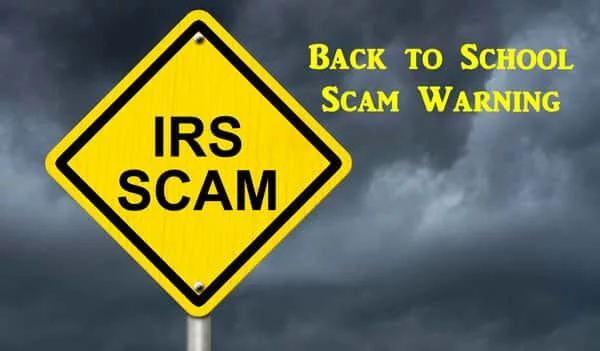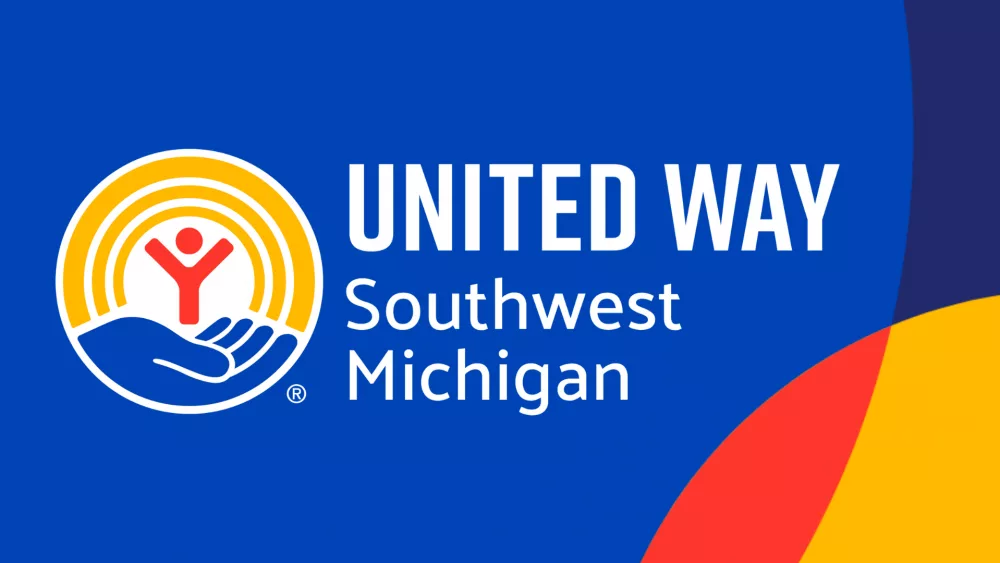If you have a student who has returned to college or is about to the Internal Revenue Service wants you to know that there is no such thing as the "Federal Student Tax." It doesn't exist, and anyone who tries to tell you or your family anything different is either lying to you, or trying to rip you off.
The Internal Revenue Service is warning taxpayers once again about new telephone scammers targeting students and parents during the back-to-school season and demanding payments for non-existent taxes, such as the “Federal Student Tax.” Some times they try to get the student to pay using pre-paid credit cards, iTunes cards and the like.
People should be on the lookout for IRS impersonators calling students and demanding that they wire money immediately to pay a fake “federal student tax.” If the person does not comply, the scammer becomes aggressive and threatens to report the student to the police to be arrested. As schools around the nation prepare to re-open, it is important for taxpayers to be particularly aware of this scheme going after students and parents.
IRS Commissioner John Koskinen says, “Although variations of the IRS impersonation scam continue year-round, they tend to peak when scammers find prime opportunities to strike.” He warns, “As students and parents enter the new school year, they should remain alert to bogus calls, including those demanding fake tax payments from students.”
The IRS encourages college and school communities to share this information so that students, parents and their families are aware of these scams.
Scammers are constantly identifying new tactics to carry out their crimes in new and unsuspecting ways. This year, the IRS has seen scammers use a variety of schemes to fool taxpayers into paying money or giving up personal information. Some of these include:
- Altering the caller ID on incoming phone calls in a “spoofing” attempt to make it seem like the IRS, the local police or another agency is calling.
- Imitating software providers to trick tax professionals — see IR-2016-103.
- Demanding fake tax payments using iTunes gift cards — see IR-2016-99.
- Soliciting W-2 information from payroll and human resources professionals — see IR-2016-34.
- “Verifying” tax return information over the phone — see IR-2016-40.
- Pretending to be from the tax preparation industry — see IR-2016-28.
If you receive an unexpected call from someone claiming to be from the IRS, here are some of the telltale signs to help protect yourself.
The IRS will never:
- Call to demand immediate payment using a specific payment method such as a prepaid debit card, gift card or wire transfer. Generally, the IRS will first mail you a bill if you owe any taxes.
- Threaten to immediately bring in local police or other law-enforcement groups to have you arrested for not paying.
- Demand that you pay taxes without giving you the opportunity to question or appeal the amount they say you owe.
- Ask for credit or debit card numbers over the phone.
If you get a suspicious phone call from someone claiming to be from the IRS and asking for money, here’s what you should do:
- Do not give out any information. Hang up immediately.
- Search the web for telephone numbers scammers leave in your voicemail asking you to call back. Some of the phone numbers may be published online and linked to criminal activity.
- Contact TIGTA to report the call. Use their “IRS Impersonation Scam Reporting” web page or call 800-366-4484.
- Report it to the Federal Trade Commission. Use the “FTC Complaint Assistant” on FTC.gov. Please add “IRS Telephone Scam” in the notes.
If you think you might owe taxes, call the IRS directly at 800-829-1040.






